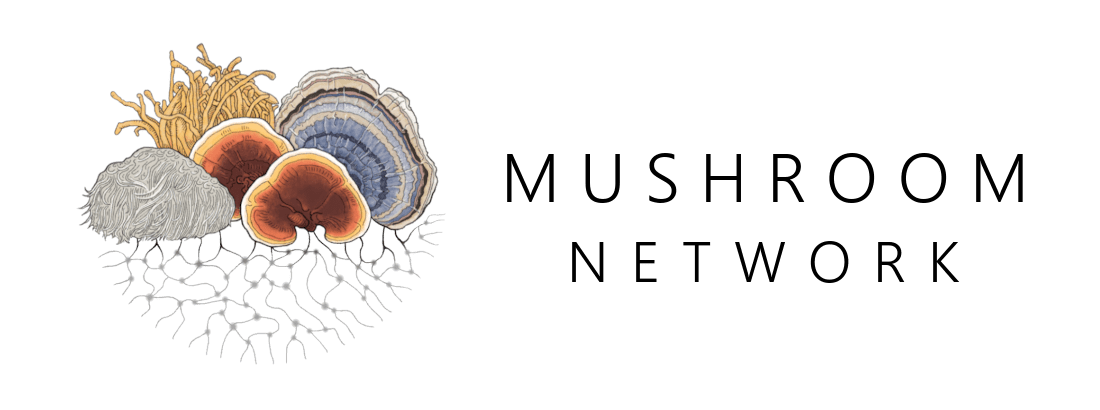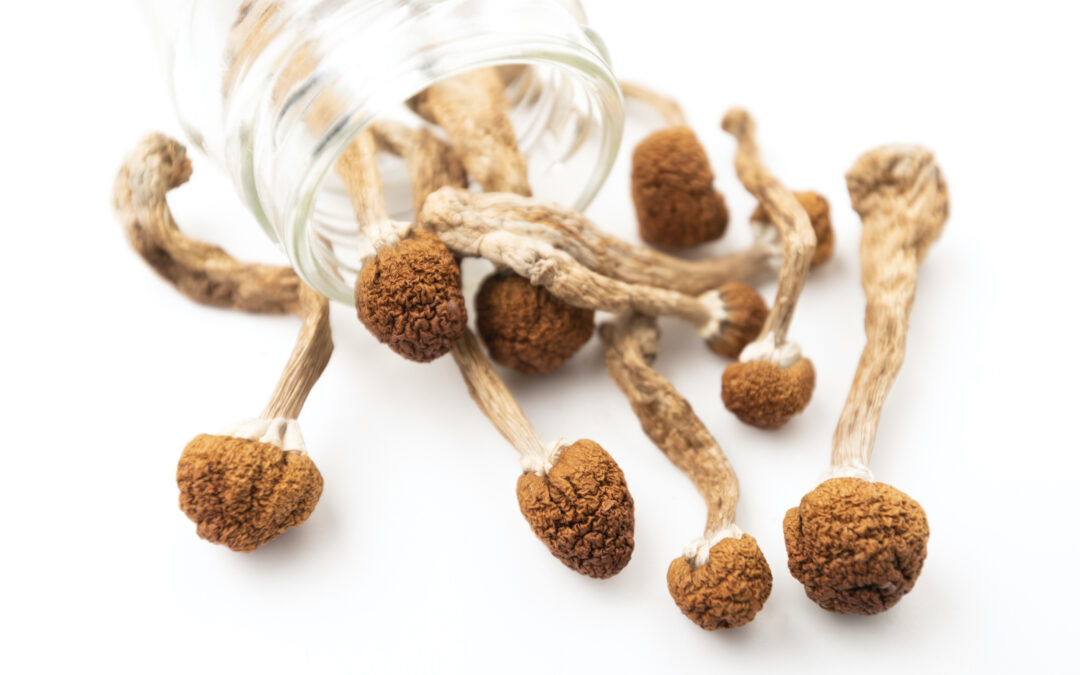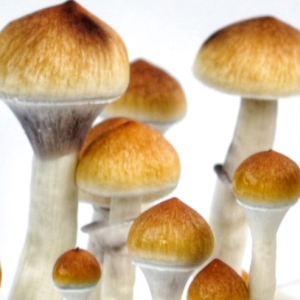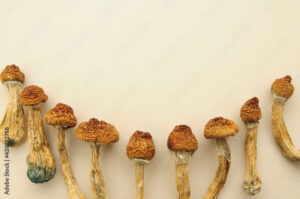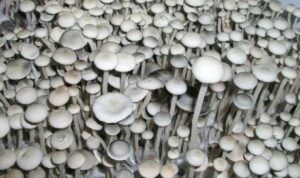Introduction to Microdosing Psilocybin for Depression
Understanding Microdosing and Its Benefits
Background on Psilocybin and Depression
Legal Status of Psilocybin in the USA
Current Legal Landscape for Psychedelics
State-by-State Regulations on Psilocybin
Research and Evidence on Microdosing Psilocybin for Depression
Studies and Findings on the Efficacy of Psilocybin
Challenges in Conducting Research on Psychedelics
FDA Approval Process for Psychedelic Therapies
Regulatory Pathways for Psychedelic Drugs
Clinical Trials and Approval Process for Depression Treatment
Challenges and Limitations of Using Psilocybin for Depression Treatment
Risks and Side Effects of Psilocybin Microdosing
Societal Stigma and Miscon
Introduction to Microdosing Psilocybin for Depression
Are you feeling down and wondering if microdosing psilocybin could be a mood booster? Let’s dive into how this practice is gaining popularity for mental health support.
Understanding Microdosing and Its Benefits
Picture this: taking tiny amounts of psilocybin to lift your spirits without the full psychedelic experience. Intrigued? We’ll explore the potential perks of microdosing for your mental well-being.
Background on Psilocybin and Depression
Depression is a heavy burden for many, but could psilocybin, found in magic mushrooms, offer a ray of hope? Let’s uncover the link between psilocybin and its potential as a depression treatment.
Legal Status of Psilocybin in the USA
So, is microdosing psilocybin a legal avenue for battling the blues in the land of the free? Let’s navigate the legal maze surrounding psychedelic substances in the USA.
Current Legal Landscape for Psychedelics
Psychedelics like psilocybin have a colorful history with the law. We’ll take a look at the current legal standing of these mind-altering substances in the USA.
State-by-State Regulations on Psilocybin
From coast to coast, states have their own rules on psychedelics. How does your state view the use of psilocybin for medicinal purposes? Let’s break down the state-level regulations.
Research and Evidence on Microdosing Psilocybin for Depression
Curious about the science behind microdosing psilocybin for depression relief? Let’s explore the studies and evidence supporting the potential benefits of this unconventional therapy.
Studies and Findings on the Efficacy of Psilocybin
What do the studies say about the effectiveness of psilocybin for alleviating symptoms of depression? We’ll sift through the research and unearth the promising results.
Challenges in Conducting Research on Psychedelics
Researching psychedelics isn’t all rainbows and unicorns. We’ll shine a light on the hurdles scientists face when studying the therapeutic potential of substances like psilocybin.
FDA Approval Process for Psychedelic Therapies
Dreaming of a world where psychedelic therapies are FDA-approved for treating depression? Let’s unravel the regulatory pathways and clinical trials that stand between psychedelics and mainstream acceptance.
Regulatory Pathways for Psychedelic Drugs
How does a psychedelic substance go from taboo to treatment? We’ll navigate the regulatory framework that governs the approval process for psychedelic therapies.
Clinical Trials and Approval Process for Depression Treatment
Buckle up for a journey through the rigorous clinical trials and approval steps necessary for a psychedelic therapy to be recognized as a legitimate treatment for depression.# Challenges and Limitations of Using Psilocybin for Depression Treatment
While there is growing interest in using psilocybin for the treatment of depression, there are several challenges and limitations to consider. Current legal restrictions, limited access to standardized doses, and varying individual responses to microdosing can all impact the effectiveness of this approach.
## Risks and Side Effects of Psilocybin Microdosing
Like any treatment, psilocybin microdosing comes with its own set of risks and side effects. These can include potential negative psychological effects, such as increased anxiety or paranoia, as well as physical symptoms like nausea or headaches. It’s important for individuals considering microdosing to weigh these risks carefully and consult with a healthcare provider.
## Societal Stigma and Misconceptions Surrounding Psychedelic Therapies
Despite growing research supporting the therapeutic potential of psychedelics like psilocybin, there remains a significant societal stigma surrounding their use. Misconceptions and outdated beliefs about psychedelics can create barriers to access for individuals seeking alternative treatments for depression.
# Patient Experiences and Perspectives on Microdosing Psilocybin
## Personal Stories of Individuals Using Psilocybin for Depression
Many individuals have shared positive experiences with microdosing psilocybin as a treatment for depression. These personal stories highlight the potential benefits of this approach, including improved mood, increased creativity, and a greater sense of well-being. Hearing these accounts can provide valuable insight for others considering microdosing.
## Community Support and Advocacy for Psychedelic Therapies
Within the growing psychedelic community, there is a strong sense of support and advocacy for the use of these substances in mental health treatment. Organizations and advocates are working to destigmatize psychedelics, promote research into their therapeutic potential, and push for legal reforms to expand access to psychedelic therapies.
# Potential Future Developments in Psychedelic Medicine
## Emerging Trends in Psychedelic Research and Treatment
The field of psychedelic medicine is rapidly evolving, with ongoing research exploring new ways to harness the therapeutic potential of substances like psilocybin. From studies on combination therapies to investigations into different dosing protocols, there are exciting developments on the horizon that could further enhance the use of psychedelics in mental health care.
## Implications for the Future of Mental Health Care
As interest in psychedelic therapies continues to grow, there are significant implications for the future of mental health care. The integration of psychedelics into mainstream treatment approaches could offer new hope for individuals with treatment-resistant depression and other mental health conditions. However, it will be important to navigate regulatory challenges and ensure safe and ethical practices as this field moves forward.In conclusion, the use of microdosing psilocybin for treating depression raises important legal, medical, and ethical considerations. While research shows promising results, further studies are needed to fully understand its efficacy and safety. As attitudes towards psychedelic therapies evolve and regulatory frameworks adapt, the future of using psilocybin for mental health treatment remains an intriguing and complex landscape to navigate.
